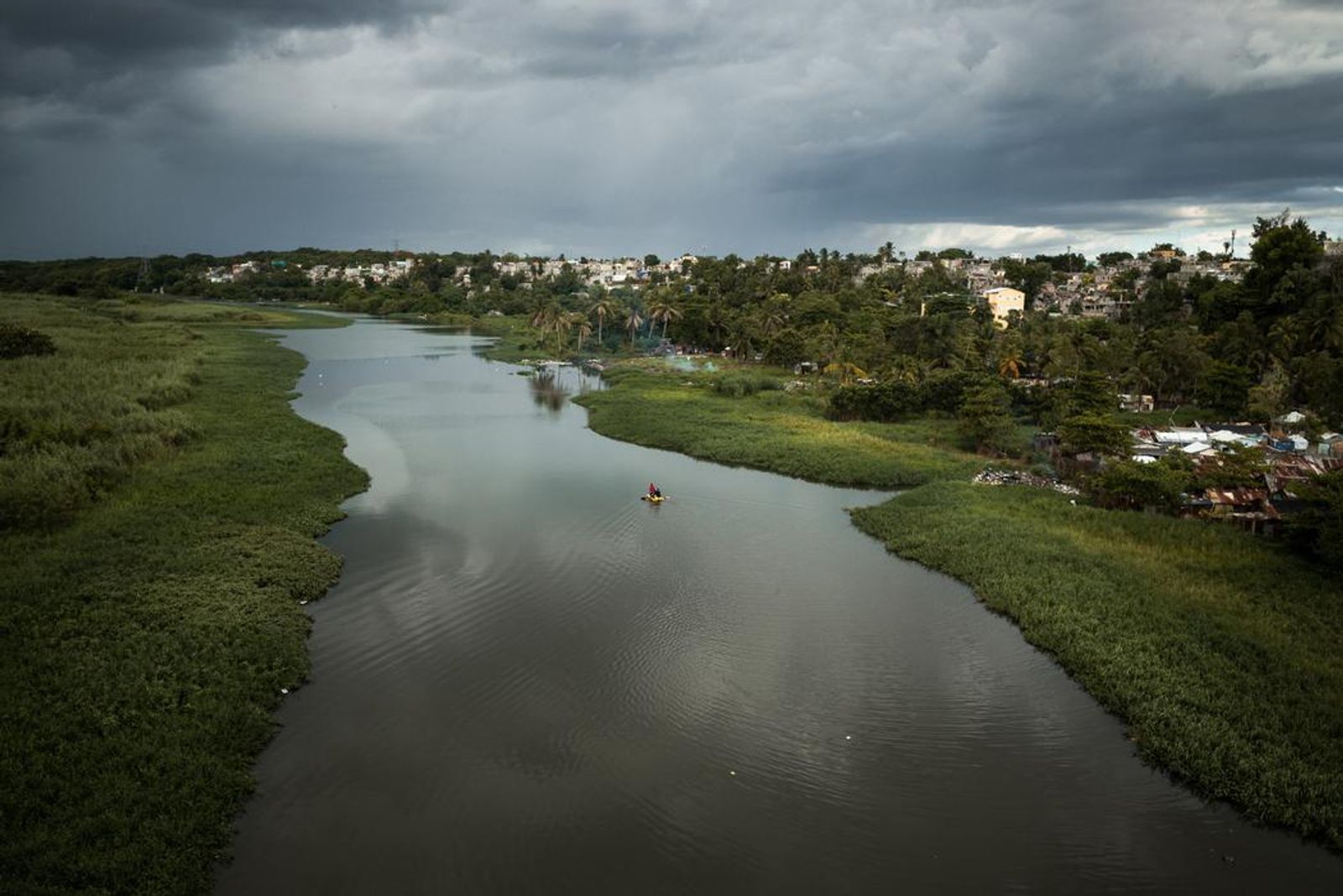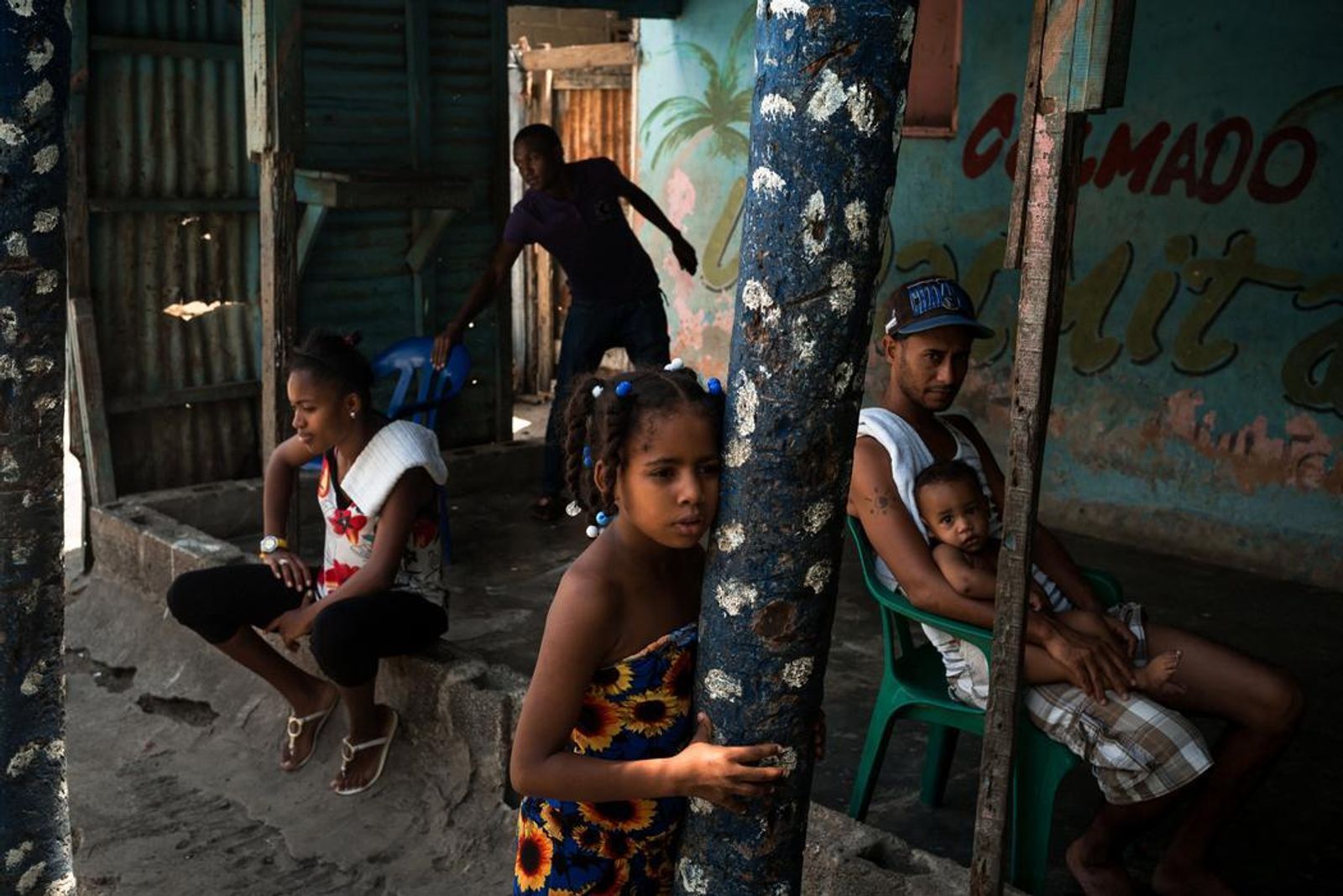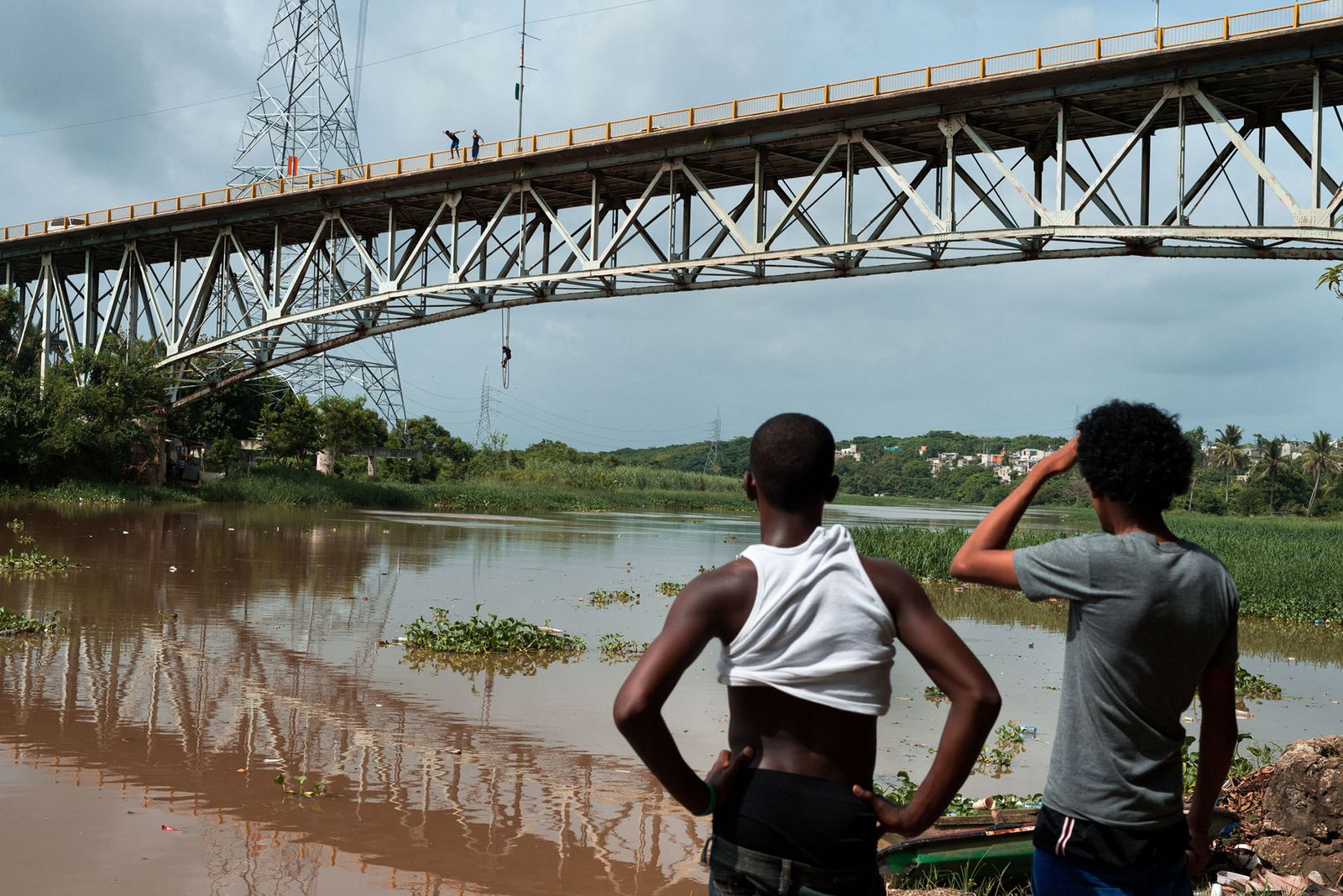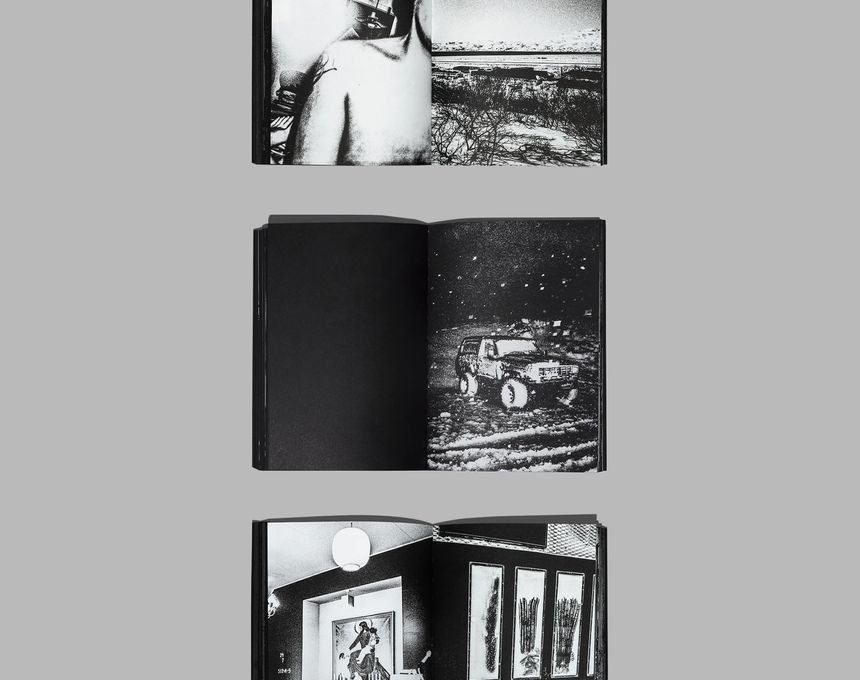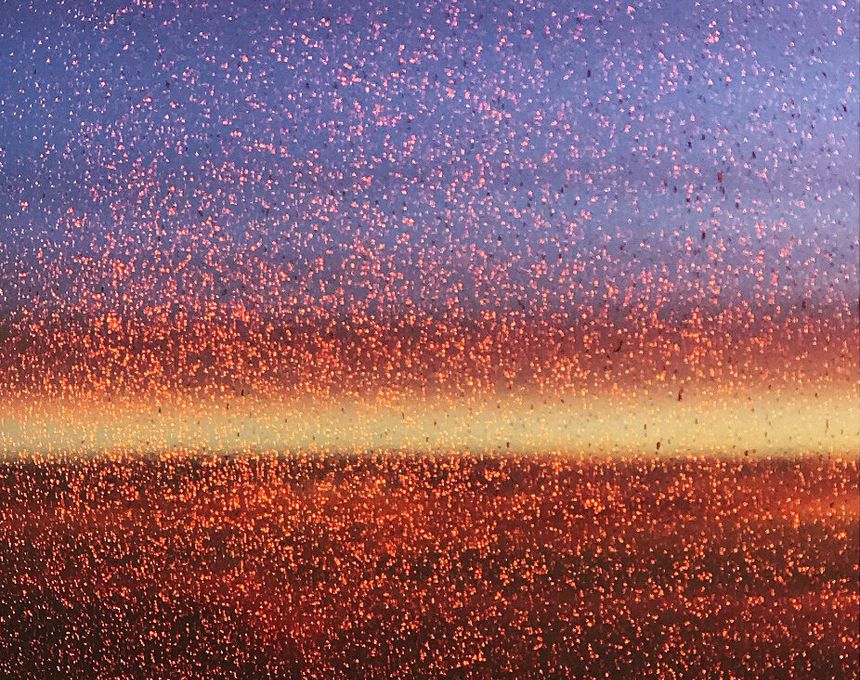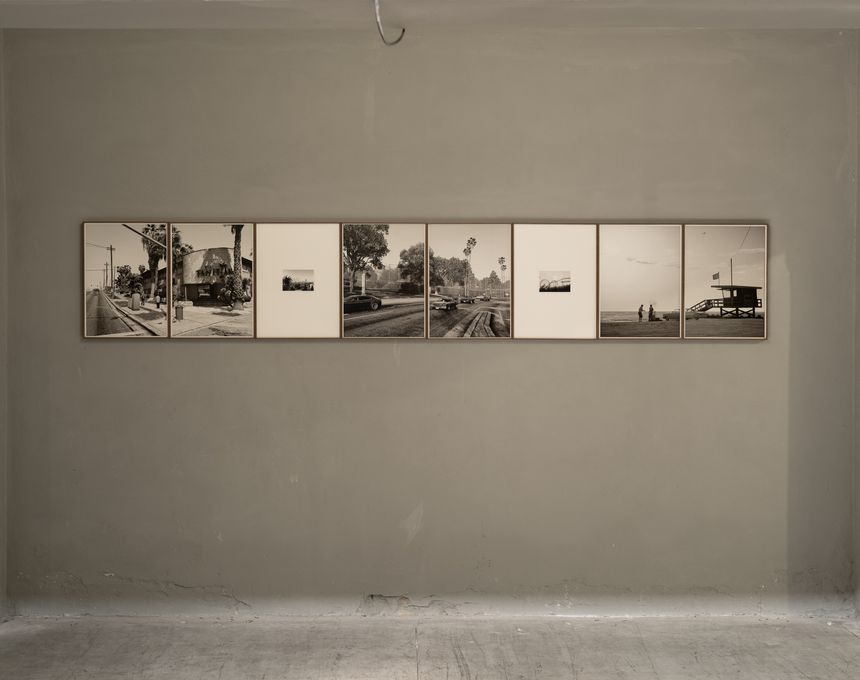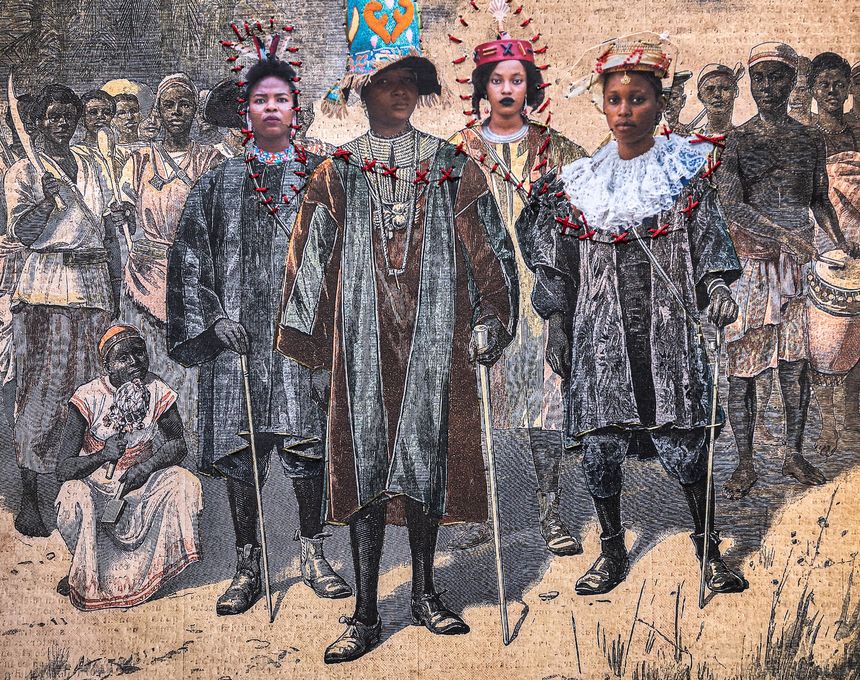The Social Implications of Climate Change
-
Published20 Jun 2017
-
Author
Rio Ozama, running through the Dominican Republic's capital, has seen catastrophic flooding in recent years, which experts attribute to extreme weather caused by global warming. Benjamin Petit followed the journey of a bordering community who had to leave their hometown along its shore.
Rio Ozama, running through the Dominican Republic's capital, has seen catastrophic flooding in recent years, which experts attribute to extreme weather caused by global warming. Benjamin Petit followed the journey of a bordering community who had to leave their hometown along its shore.
“While it emits only 0.06% of global greenhouse gases, the Dominican Republic is nevertheless suffering the dramatic consequences of the worldwide increase. In the past 50 years, 248 disastrous climate events such as hurricanes, tropical storms, floods and droughts have hit the Caribbean alone”, photographer Benjamin Petit deplores.
Beginning as an assignment for Agence Francaise pour le Développement (AFD), his series about climate refugees in the Dominican Republic portrays the re-settlement of a riverside slum community in the vicinity of Santo Domingo. Unlike other nearby communities, home to some 300,000 people living in similar conditions along the unpredictable and polluted Ozama river, they have been relocated into a housing project erected via a government program that was initiated by president Danilo Medina in his first mandate.
Petit’s series documents both sides of the river, from the semi-ruins of La Barquita when the community was still living there, to the brick towers of La Nueva Barquita, after they moved in. Parallels and contrasts arise from such a juxtaposition, offering a nuanced perspective on assisted displacement. “Resettling has many social implications”, he notes.
Moving into into their dry, concrete home will spare these communities yearly devastating floods, but it also means renouncing their lifestyle. In La Barquita, as their previous “barrio” will be remembered after its imminent destruction, families had a rural life. They had to keep their foot or hand on the ground while sleeping to check the rising waters, but children were spending days by the river and men were gathering on the occasions of tense traditional cockfights.
Now, these are habits they will have to give up as their new home came with a set of rules. “While developing the project, social workers organised consultations with women who decided to ban all activities where men were losing their money and abusing alcohol. Activities like cockfights, betting booths, and billiard rooms that were tolerated in La Barquita, are now banned”, Petit explains.
For practical reasons, women were indeed named beneficiaries of the program and attributed properties, which undermines the mainly machista culture that surrounded the community. As the decision empowered the women in their new life - even more so since they were also taught how to read - it serves as an example of how a response to climate change is affecting society at a deeper level. “The positive interventions taken by communities and policy makers in reaction to climate change are fascinating to me”, he comments. “It is important to tell stories of climate change as a player in major socio-political shifts in order to deepen perceptions about its many consequences.”
--------------
Benjamin Petit is a documentary photographer and the co-director of #Dysturb.
Laurence Cornet is a writer and curator based in Brooklyn focusing on cultural and environmental issues.
--------------
Getting Closer presents photographic works, mainly in a documentary vein, that speak about the causes and consequences of environmental degradation.
